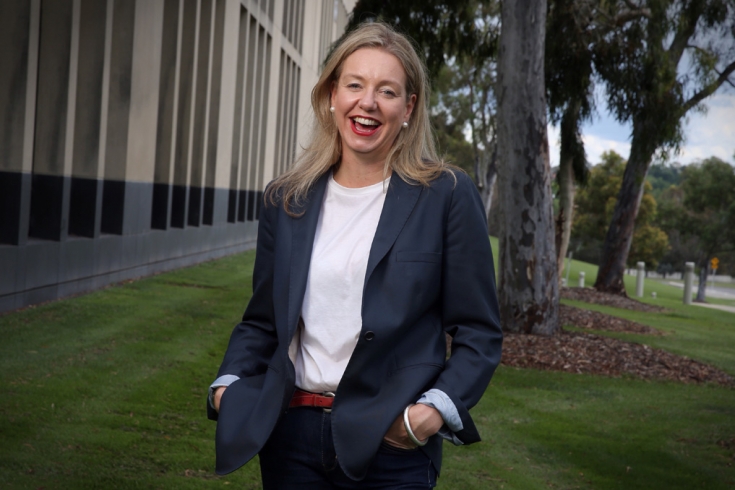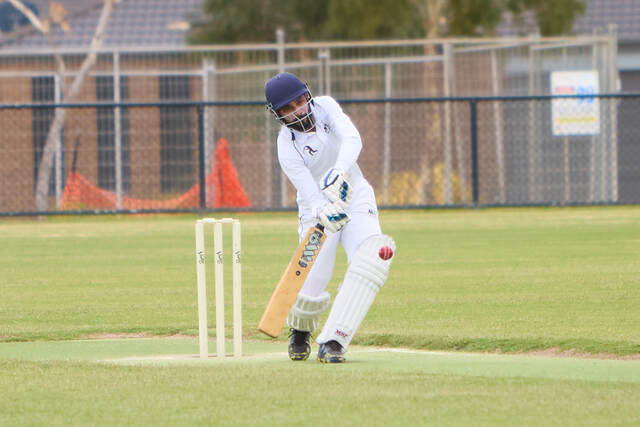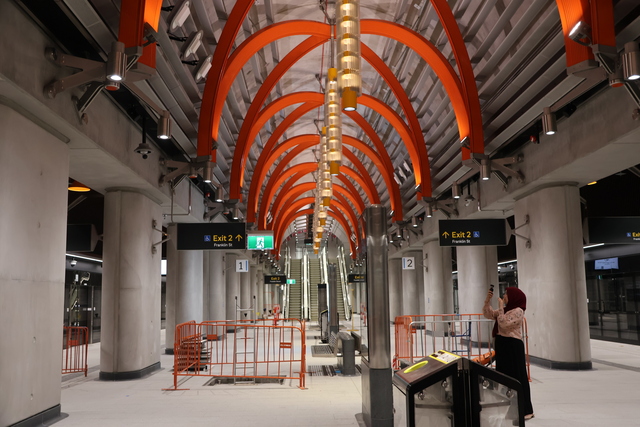Students from asset-rich but cash-poor farming families will be better off after the federal government’s decision to ditch the family assets test when considering eligibility for youth allowance.
Under the changes, the value of farms and trusts will no longer be considered when students apply for youth allowance.
Nationals Senator for Victoria Bridget McKenzie said the changes would benefit about 4100 dependent young people from farming families.
“Applying the family assets test to farms and trusts is unfair and has for too long disadvantaged students from farming families,” Senator McKenzie said. “Treating the family farm as income is completely illogical.
“While many of our farming families have significant assets on paper, this does not translate to their bank balance,” she said.
“Cash-poor farmers cannot be expected to sell a paddock or go into more debt to fund the full extent of relocating their children to attend university, which costs anywhere from $15,000 to $20,000 a year for each child.”
Senator McKenzie said the removal of the family assets test, as well as the removal of the family actual means test, were positive steps toward making the system fairer for regional and rural students – but more needs to be done.
“Regional and rural students should not be disadvantaged compared to their city counterparts simply because of where they were born,” Senator McKenzie said.
“Governments of all persuasions must do more to ensure that young people from regional and rural Australia reach their full potential.”
Moorabool mayor Paul Tatchell welcomed the announcement and said it was a fantastic incentive.
“It’s great that the government has recognised that farming in Victoria is a tough gig,” Cr Tatchell said.
“And kids who are isolated should not miss out on benefits.”
He said it was harder for young people from isolated pockets of Moorabool to do the “simple” and everyday things of their city counterparts, such as going to school, playing sport and getting a higher education.
He said these all came at a cost.
“We’re trying to keep kids motivated and not isolated because they’ll make great contributors in the future,” he said.

















